World-leading tax transparency wins in Australia
PRESS RELEASE 2130 AEDT / 1030 GMT 28 NOVEMBER 2024
Parliament House, Canberra.
After years of campaigning, legislation passed by the Australian Parliament will now require multinationals to publicly report on taxes paid, profits, number of workers and other financial information in a broad list of tax-haven jurisdictions. The public will be able to determine if genuine business operations align with where profits are booked and taxes are paid, or not, exposing if and where multinational corporations pay corporate income tax.
The government’s legislation, known as public country-by-country reporting (CBCR), will lead the world in increasing tax transparency for multinationals, representing a massive improvement on the weaker package implemented in the EU. It paves the way for the inclusion of public country-by-country reporting in upcoming negotiations on a global tax convention at the UN. It has also helped break the block by OECD countries on pursuing inclusive worldwide tax reform.
The victory for tax campaigners follows an unprecedented push by trade unions and civil society: firstly, getting the Australian Labor Party (ALP) to adopt the policy in opposition, then ensuring its adoption into their winning election manifesto and, finally, holding the government accountable to turn that promise into legislation. The Australian government has shown real leadership by standing up to huge pressure from the OECD and corporate lobbyists. Other governments must now follow suit, while public CBCR must be included in the discussions on a UN tax convention.
“It is the dawn of new era in global tax transparency”, said Jason Ward of the Centre for International Corporate Tax Accountability & Research (CICTAR). “Australia’s public country-by-country reporting legislation leaps in front of much weaker efforts in the EU. Other jurisdictions will follow Australia’s move to require far greater transparency from the world’s largest multinationals. Corporate giants, with ever growing profits, have stolen funding from public health, education and a sustainable future for far too long.”
“The new law will help deter the tax dodging games that multinational corporations and their tax advisers have been able to play for too long, to the detriment of ordinary people who pay their taxes as required to fund the government services we all need and rely on”, said Dr Mark Zirnsak, spokesperson for the Tax Justice Network Australia.
Media contacts: Jason Ward, +61 488 190 457 or Mark Zirnsak, +61 409 166 915
Background
Large multinational corporations with an annual Australian turnover of $10 million or more will be required to report tax payments, number of employees and other key financial information on a country-by-country basis for specified jurisdictions that are widely regarded as tax havens. Multinationals are encouraged to report financial data for every country with operations, which is essential for full transparency. These multinationals already report similar information on a confidential basis to OECD tax authorities, including the Australian Taxation Office (ATO), but is not available to civil society, trade unions, investors, academics, other government bodies or most global tax authorities.
Requiring this information to be made public marks a huge increase in tax transparency. Public exposure will be a strong incentive for multinationals to stop shifting profits offshore. Without changes to corporate practices, increased transparency will expose the current scale of profit shifting and inform debates on further reforms needed to close loopholes and increase funding for essential public services.
While some progress has been made in Australia and globally to tackle tax dodging, it remains an enormous problem, disadvantages responsible businesses, and undermines faith in public institutions. In 2022, it was estimated that multinationals shifted US$1 trillion into tax havens, equivalent to over one-third of all profits booked outside of headquarter countries. The impacts of multinational tax dodging are felt everywhere, but especially devastating in the global south, with less enforcement capacity and greater reliance on corporate tax revenues.
ENDS

